PVC, or polyvinyl chloride, is a type of plastic commonly used in a variety of products, including air mattresses. It is a synthetic material that is made from a combination of petroleum and natural gas and has a wide range of applications due to its versatility and durability.What is PVC?
PVC is a popular choice for air mattresses because it is lightweight, inexpensive, and can be easily molded into different shapes and sizes. It is also resistant to punctures and can hold air for extended periods of time, making it ideal for use as a material for air mattress construction.How is PVC used in air mattresses?
One of the main benefits of using PVC in air mattresses is its affordability. PVC air mattresses are typically much cheaper than other types of air mattresses, making them a budget-friendly option for those in need of a temporary sleeping solution. PVC air mattresses are also lightweight and easy to transport, making them perfect for camping trips or for use as a spare bed for guests. Additionally, PVC is a waterproof material, making it ideal for use in outdoor settings or for those who are prone to spills or accidents.Benefits of using PVC in air mattresses
For those who are concerned about the potential health and environmental impacts of using PVC, there are now PVC-free air mattress options available on the market. These air mattresses are typically made from alternative materials such as TPU (thermoplastic polyurethane) or natural rubber. While these alternatives may be slightly more expensive, they offer a more eco-friendly and potentially safer option for those looking to avoid PVC.PVC-free air mattress options
When it comes time to dispose of a PVC air mattress, it is important to do so properly to minimize any potential harm to the environment. While PVC itself is not biodegradable, there are ways to recycle or repurpose the material. First, check with your local recycling center to see if they accept PVC. If not, consider repurposing the material for other projects, such as a tarp or ground cover for outdoor activities. If neither of these options are available, the mattress can be disposed of in a landfill.How to properly dispose of PVC air mattresses
While PVC air mattresses are generally considered safe for use, there are some potential health concerns associated with the material. PVC contains chemicals such as phthalates, which have been linked to potential health risks such as hormonal imbalances and respiratory issues. Additionally, PVC can release toxic fumes when heated, so it is important to avoid using PVC air mattresses near open flames or in high-temperature environments.PVC air mattress safety concerns
Aside from TPU and natural rubber, there are other PVC-free options for air mattresses, such as those made from nylon or polyester. These materials may be more durable and longer-lasting than PVC, but they may also come at a higher price point. Ultimately, the best alternative to PVC air mattresses will depend on personal preference and budget. It is important to do research and read reviews before making a purchase.PVC-free alternatives to air mattresses
Despite its durability, PVC air mattresses can still be susceptible to punctures or leaks. Fortunately, there are ways to repair these issues and extend the life of your air mattress. One option is to use a vinyl patch kit, which can be found at most hardware or outdoor stores. These kits typically include adhesive patches that can be applied to the puncture area to seal it. Another option is to use a patch of duct tape to cover the puncture, though this may not be as long-lasting as a vinyl patch.How to repair a PVC air mattress
As mentioned earlier, PVC is not biodegradable, but it can be recycled in certain cases. Some recycling centers will accept PVC, but it is important to check with them first as not all centers have the capability to recycle this material. Another option for recycling PVC air mattresses is to send them to a specialized recycling facility that can break down the material and repurpose it into other products.PVC air mattress recycling options
To ensure the longevity of your PVC air mattress, there are a few maintenance tips that can be followed. First, make sure to properly inflate and deflate the mattress each time it is used to avoid unnecessary strain on the material. Additionally, avoid placing heavy objects on the mattress and keep it away from sources of heat or sharp objects that could potentially puncture it. When not in use, store the mattress in a dry, cool place to prevent mold or mildew growth.PVC air mattress maintenance tips
Why PVC is the Ultimate Material for Air Mattresses

The Popularity of PVC in Air Mattresses
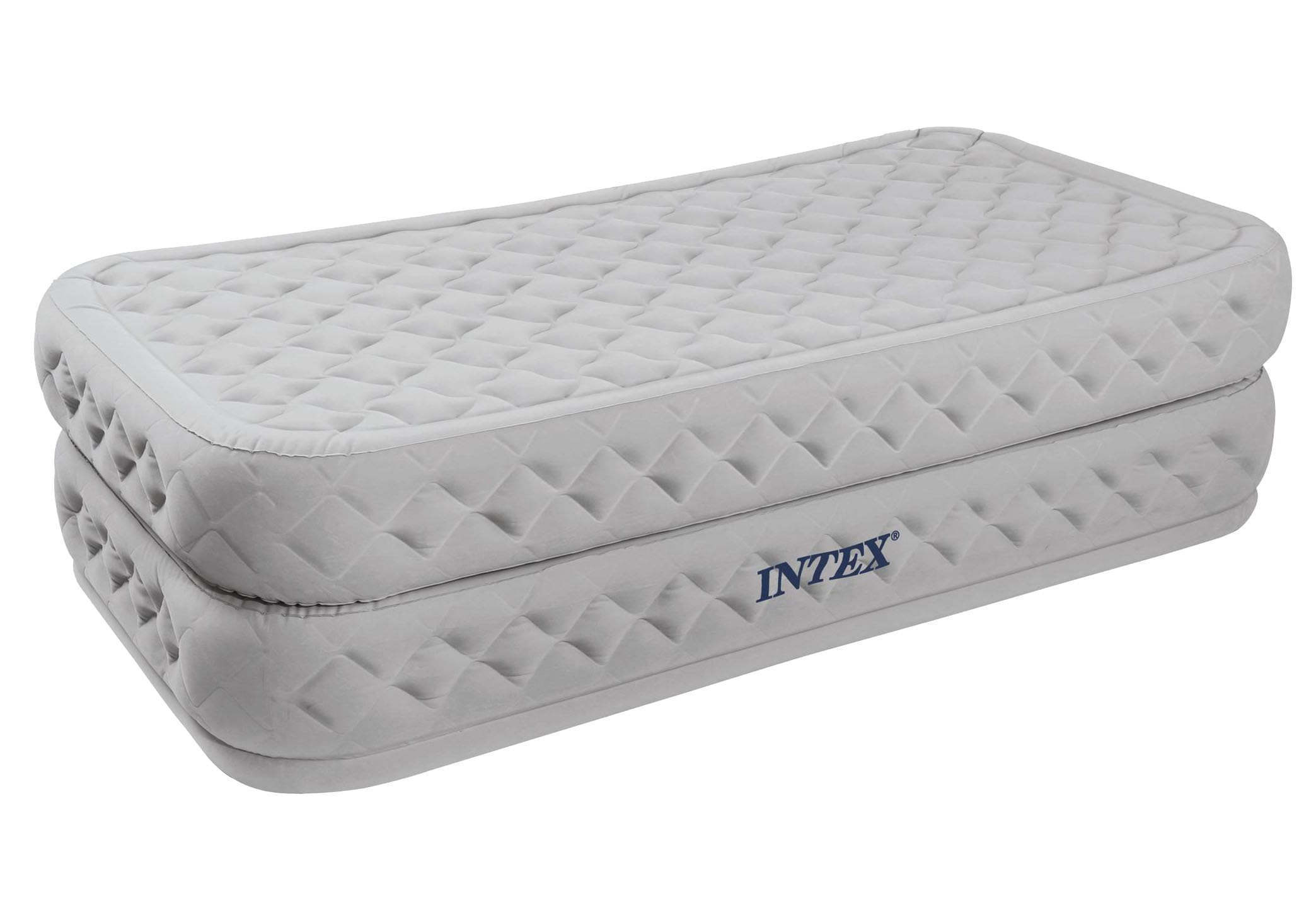 When it comes to choosing the perfect air mattress for your home, there are many factors to consider. From size and comfort level to durability and affordability, the options can seem endless. However, one type of material that has been gaining popularity in recent years is polyvinyl chloride, or
PVC
. This synthetic plastic material has become a go-to choice for many manufacturers and consumers alike, and for good reason. Let's explore why PVC is the ultimate material for air mattresses.
When it comes to choosing the perfect air mattress for your home, there are many factors to consider. From size and comfort level to durability and affordability, the options can seem endless. However, one type of material that has been gaining popularity in recent years is polyvinyl chloride, or
PVC
. This synthetic plastic material has become a go-to choice for many manufacturers and consumers alike, and for good reason. Let's explore why PVC is the ultimate material for air mattresses.
Durability and Strength
 One of the main reasons why PVC has become so popular in the production of air mattresses is its durability and strength. Unlike traditional air mattresses made from vinyl or rubber, PVC is able to withstand higher levels of pressure without losing its shape or integrity. This means that it can support heavier weight and is less likely to puncture or tear, making it a long-lasting investment for your home.
One of the main reasons why PVC has become so popular in the production of air mattresses is its durability and strength. Unlike traditional air mattresses made from vinyl or rubber, PVC is able to withstand higher levels of pressure without losing its shape or integrity. This means that it can support heavier weight and is less likely to puncture or tear, making it a long-lasting investment for your home.
Waterproof and Easy to Clean
 Another advantage of using PVC in air mattresses is its waterproof nature. This makes it an ideal choice for camping trips or for use as a temporary bed for guests. Accidental spills or leaks are easily wiped away, and the material is resistant to mold and mildew growth. This also makes PVC air mattresses a great choice for households with young children or pets.
Another advantage of using PVC in air mattresses is its waterproof nature. This makes it an ideal choice for camping trips or for use as a temporary bed for guests. Accidental spills or leaks are easily wiped away, and the material is resistant to mold and mildew growth. This also makes PVC air mattresses a great choice for households with young children or pets.
Comfort and Support
 While some may argue that PVC is not as comfortable as other materials, advancements in technology have allowed for the development of air mattresses with built-in support systems and plush top layers. This means that PVC air mattresses can provide the same level of comfort and support as traditional mattresses, making them a suitable option for everyday use.
While some may argue that PVC is not as comfortable as other materials, advancements in technology have allowed for the development of air mattresses with built-in support systems and plush top layers. This means that PVC air mattresses can provide the same level of comfort and support as traditional mattresses, making them a suitable option for everyday use.
Affordability
 Lastly, PVC air mattresses are an affordable option for those on a budget. The material is relatively inexpensive to produce, and this cost-effectiveness is reflected in the retail price. This makes it a great choice for college students, young adults just starting out, or anyone looking for a temporary bedding solution.
In conclusion, PVC has quickly become the material of choice for air mattresses due to its durability, waterproof nature, comfort and support, and affordability. So the next time you're in the market for a new air mattress, be sure to consider one made from PVC. You won't be disappointed!
Lastly, PVC air mattresses are an affordable option for those on a budget. The material is relatively inexpensive to produce, and this cost-effectiveness is reflected in the retail price. This makes it a great choice for college students, young adults just starting out, or anyone looking for a temporary bedding solution.
In conclusion, PVC has quickly become the material of choice for air mattresses due to its durability, waterproof nature, comfort and support, and affordability. So the next time you're in the market for a new air mattress, be sure to consider one made from PVC. You won't be disappointed!



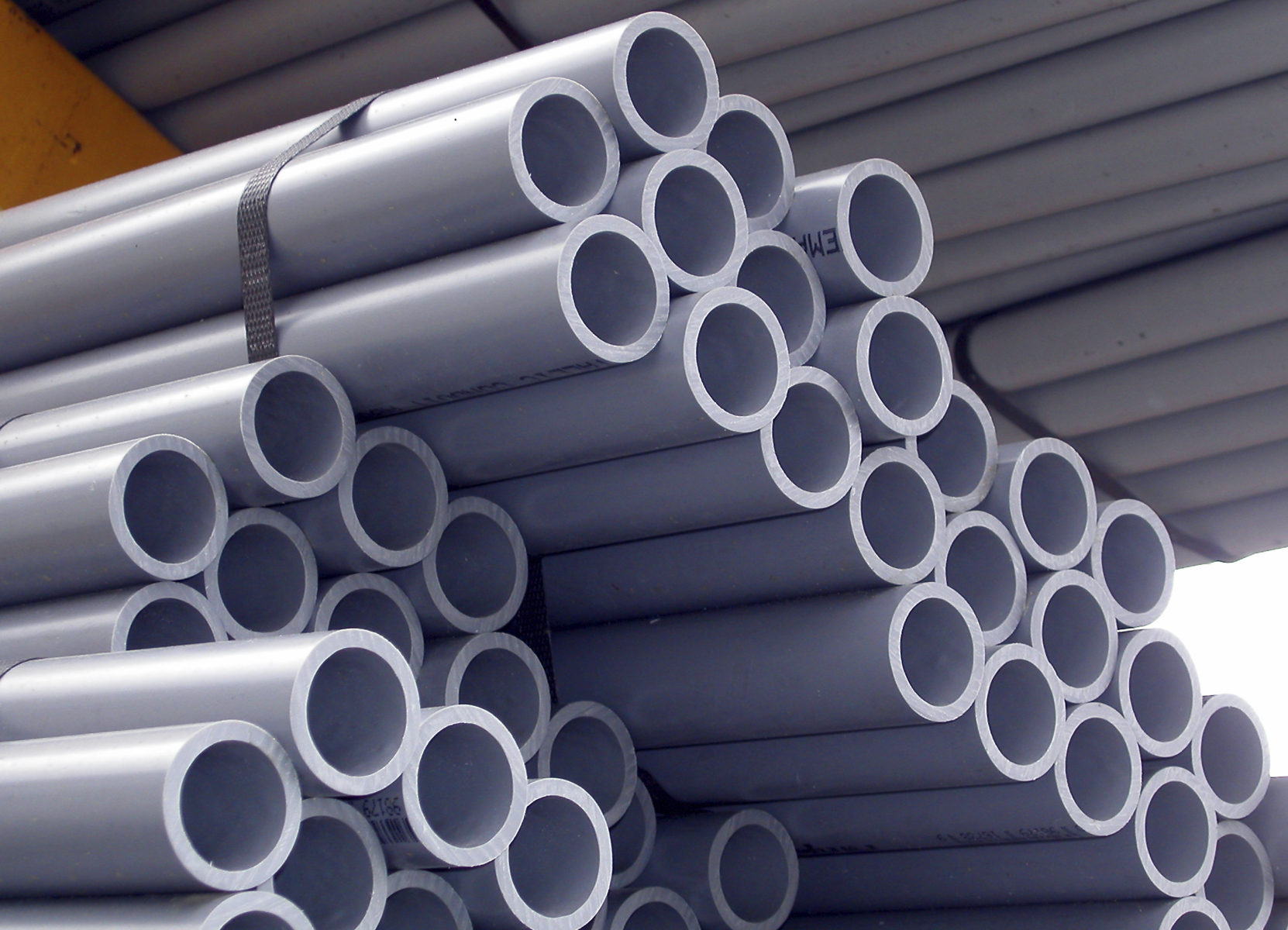
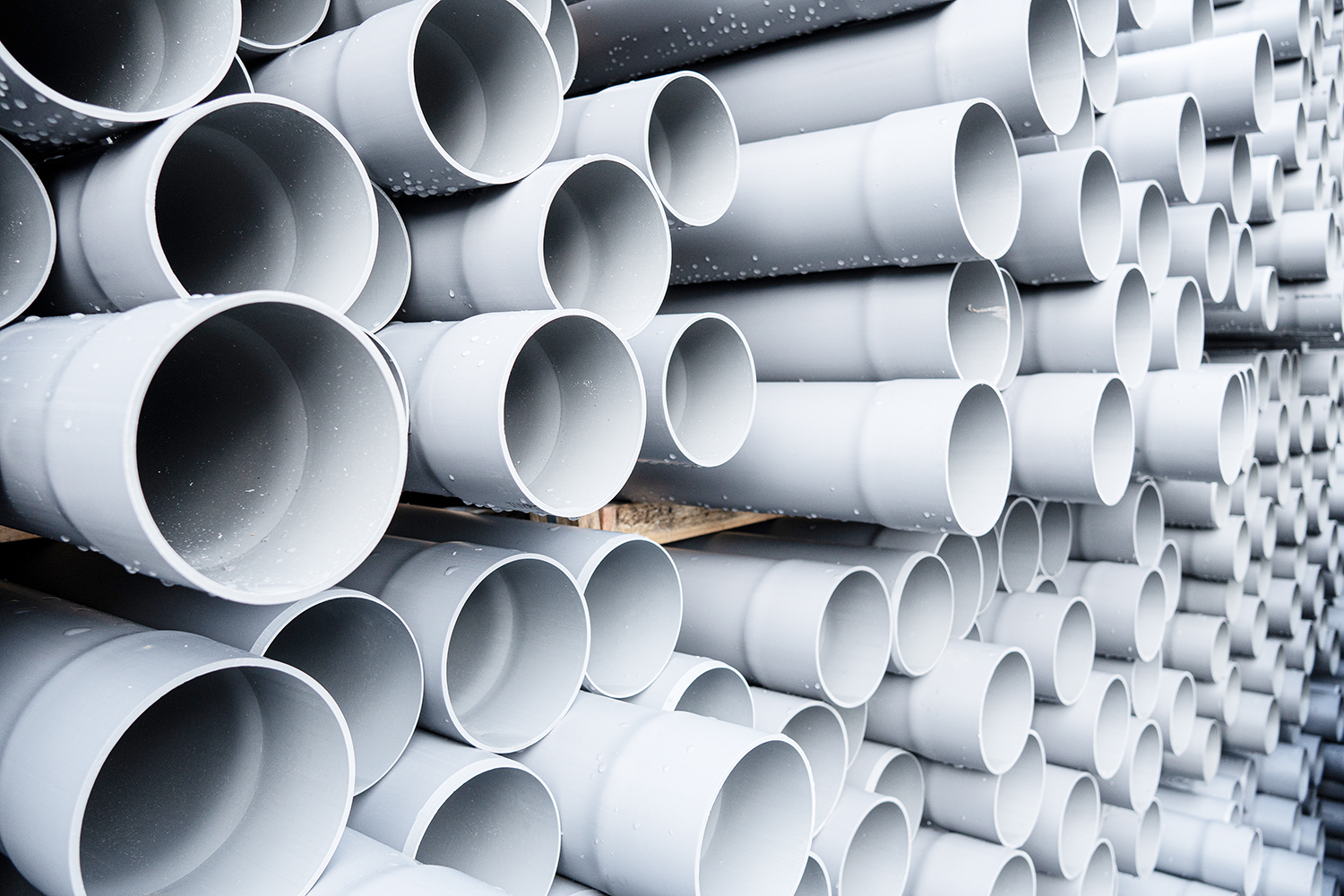

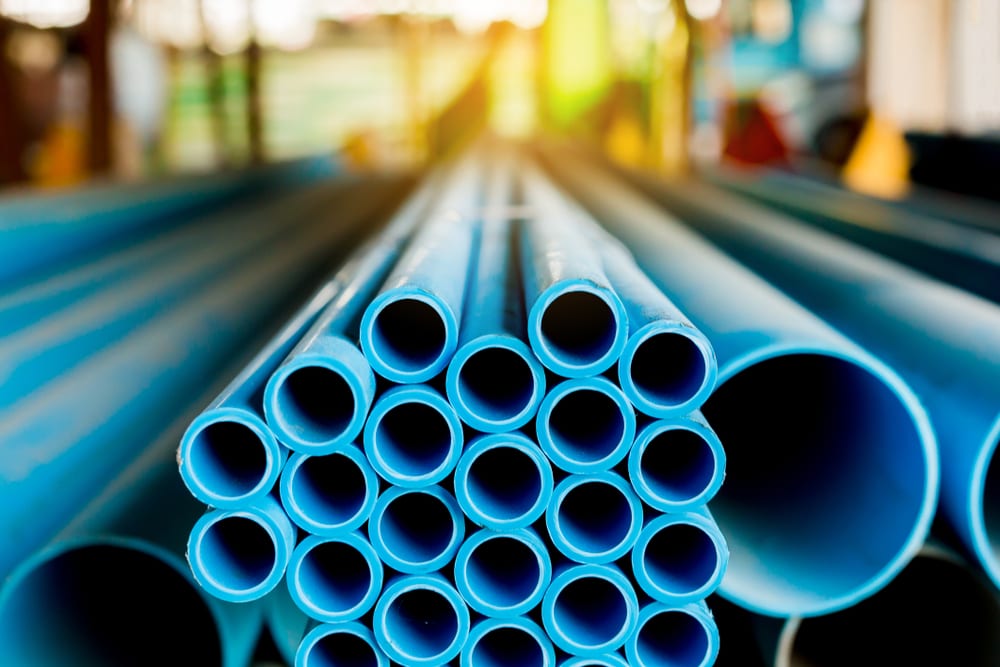
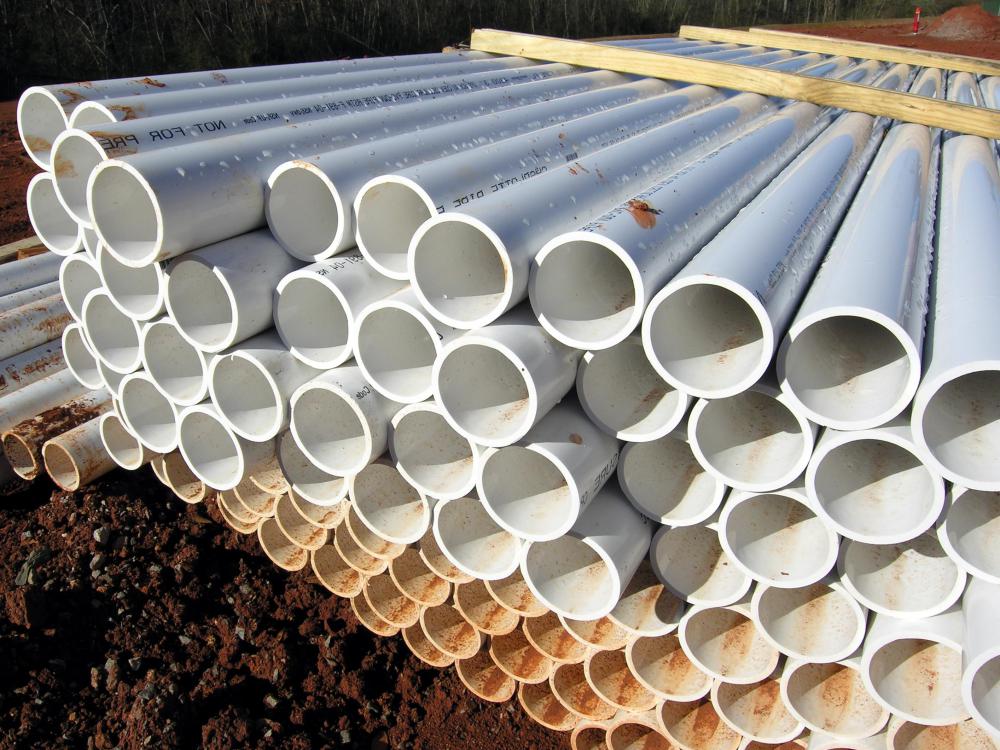

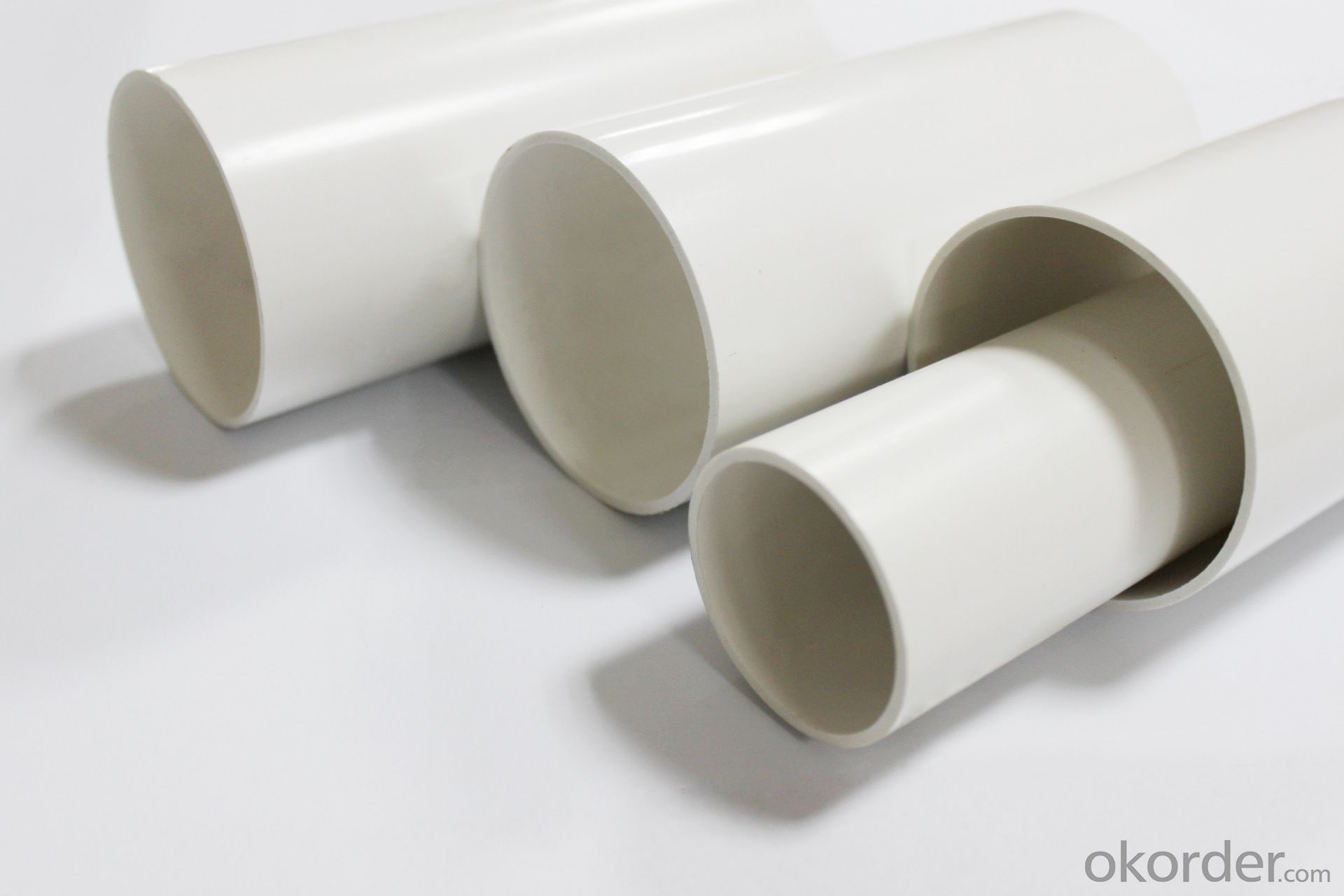
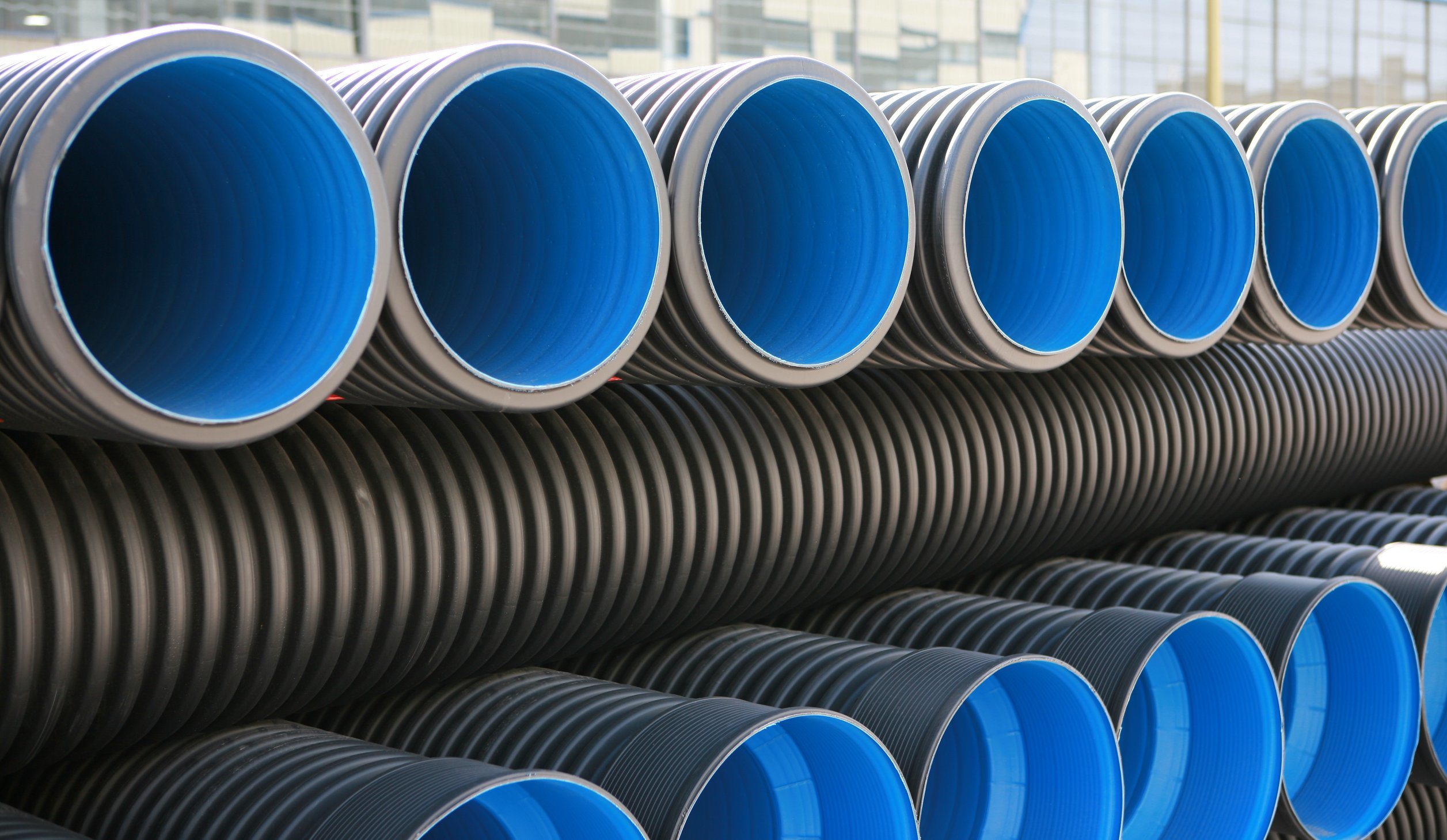



:max_bytes(150000):strip_icc()/aerobed-opti-comfort-queen-air-mattress-with-headboard-93c9f99d65ee4cce88edf90b9411b1cd.jpg)
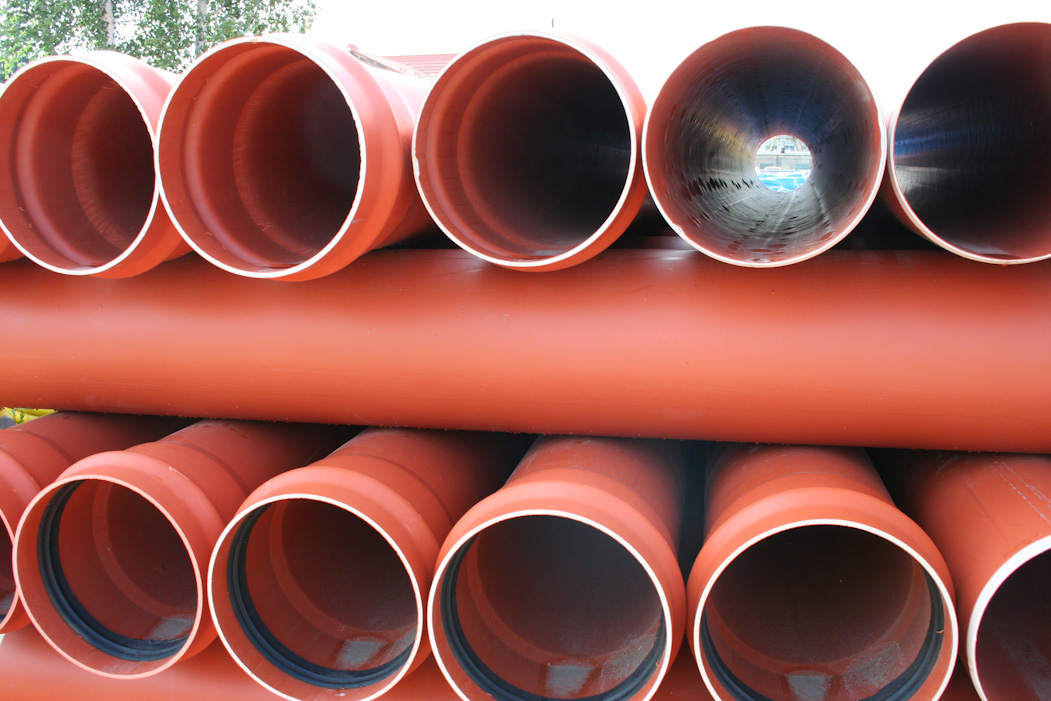
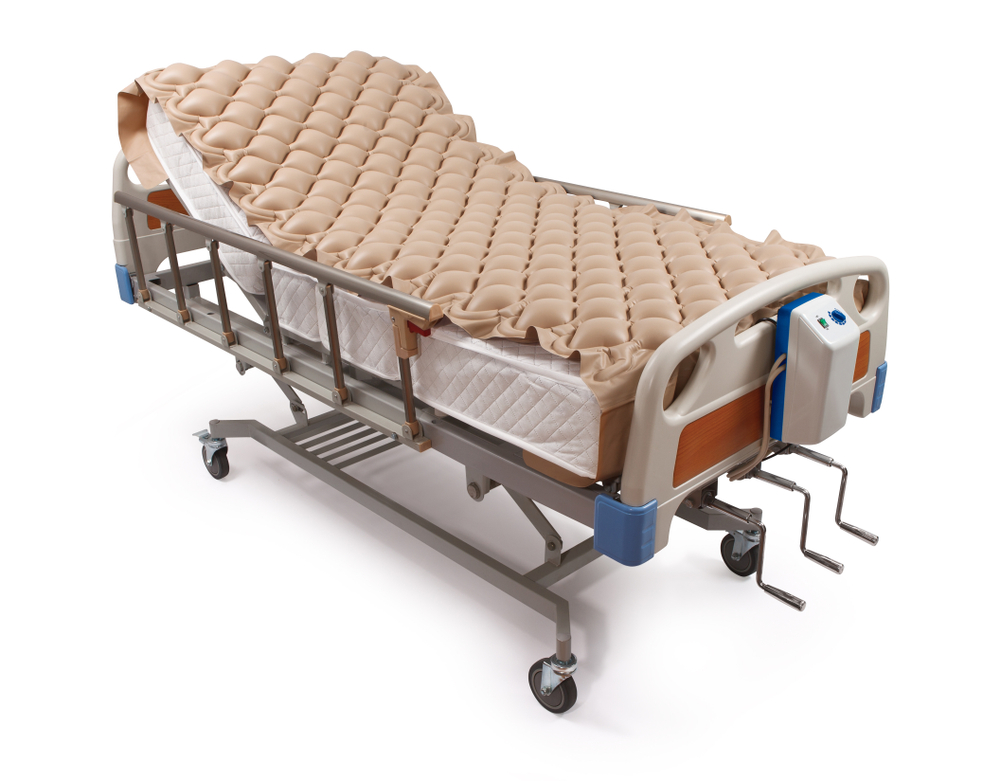



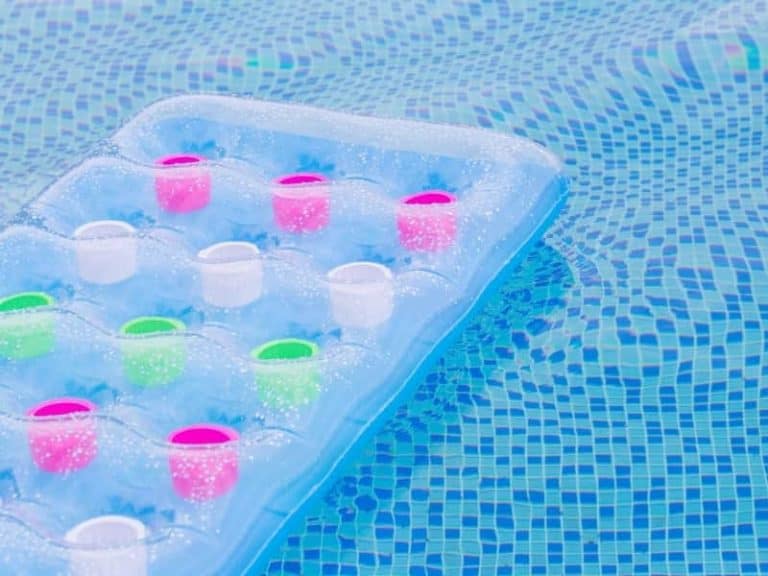
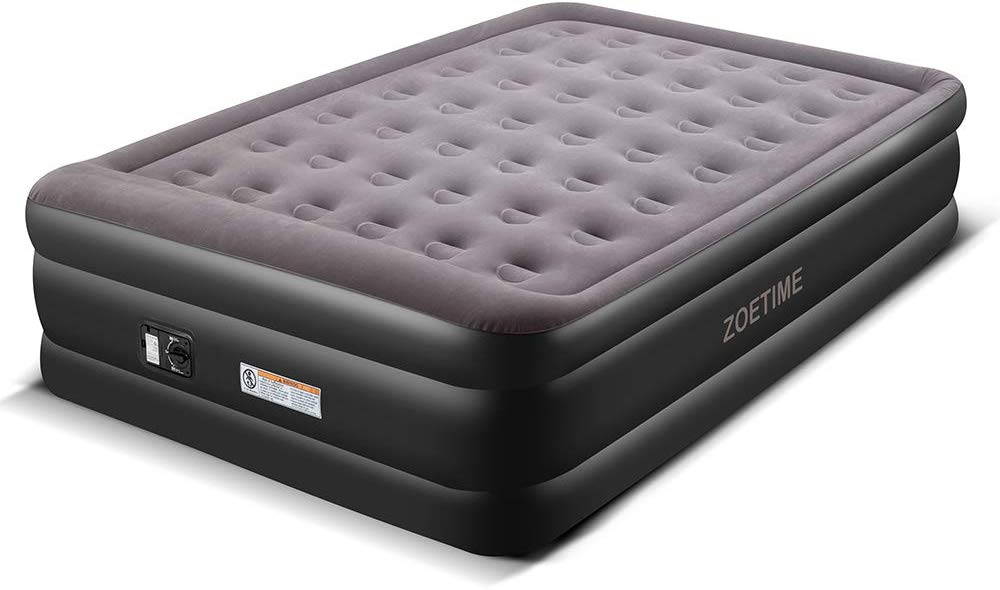
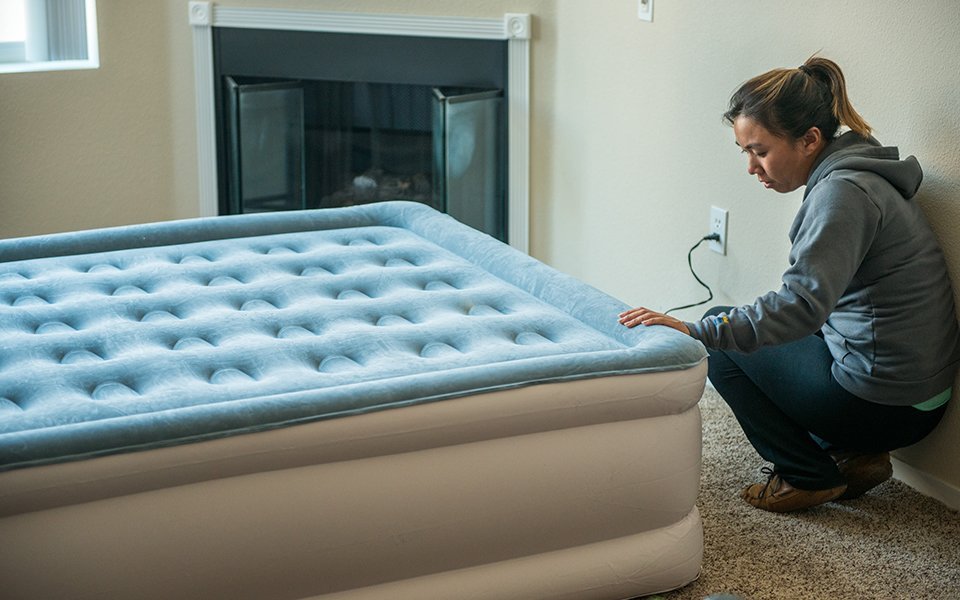



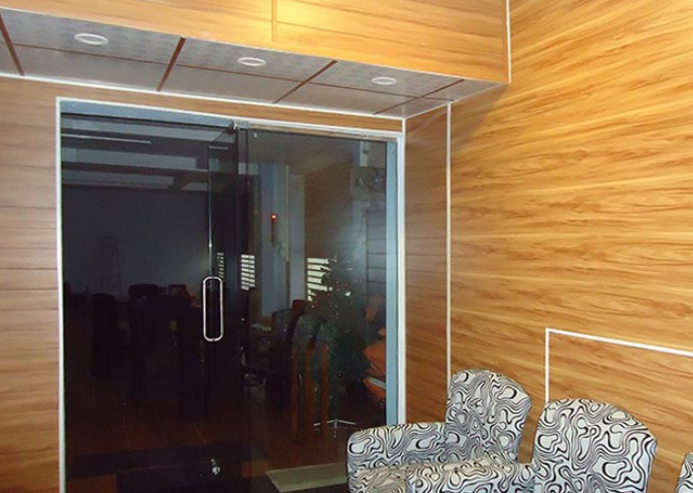
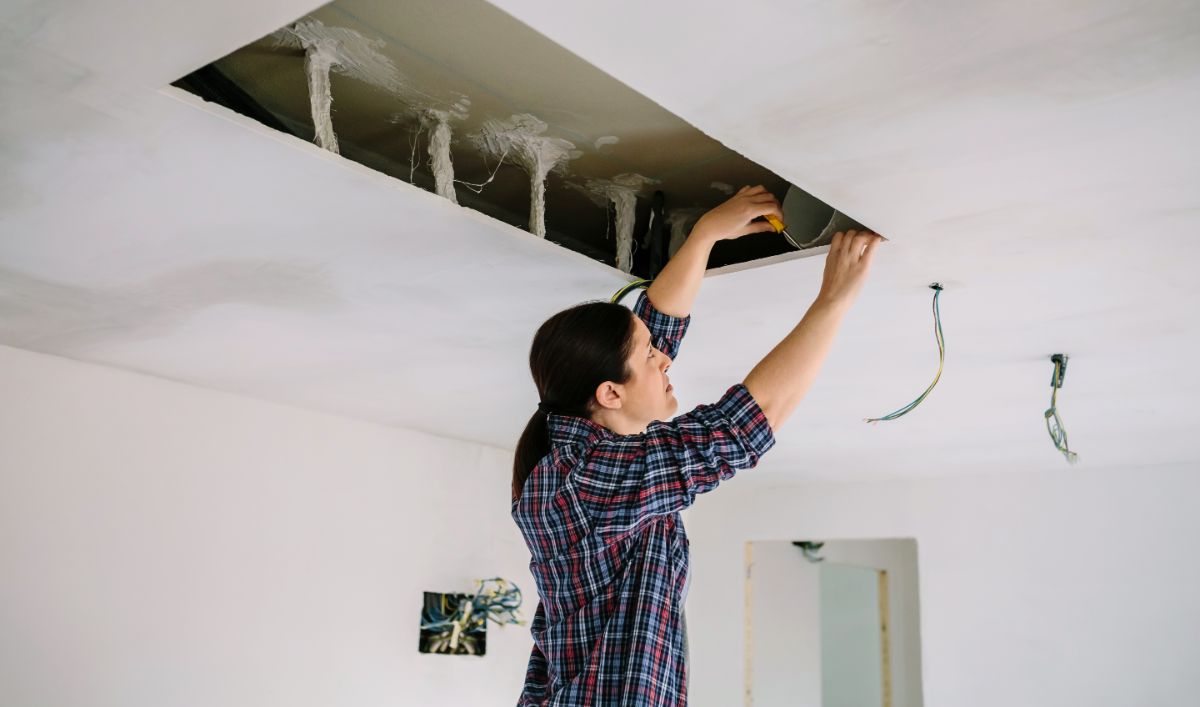

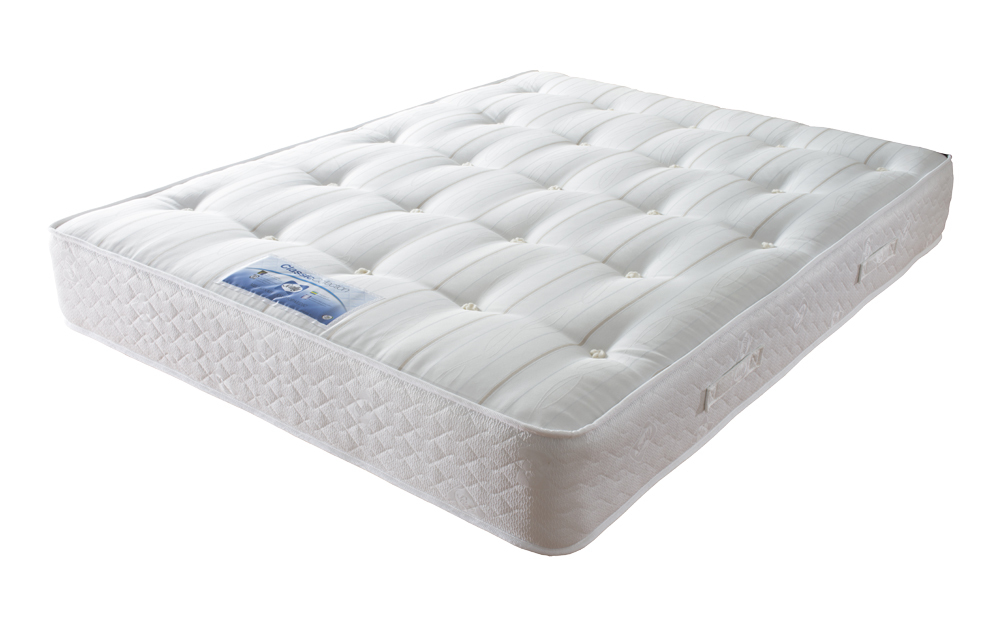
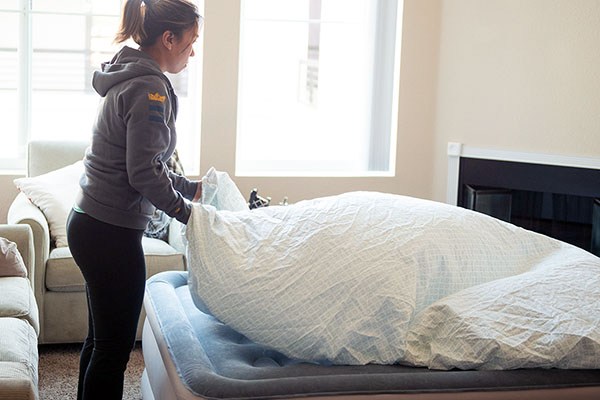
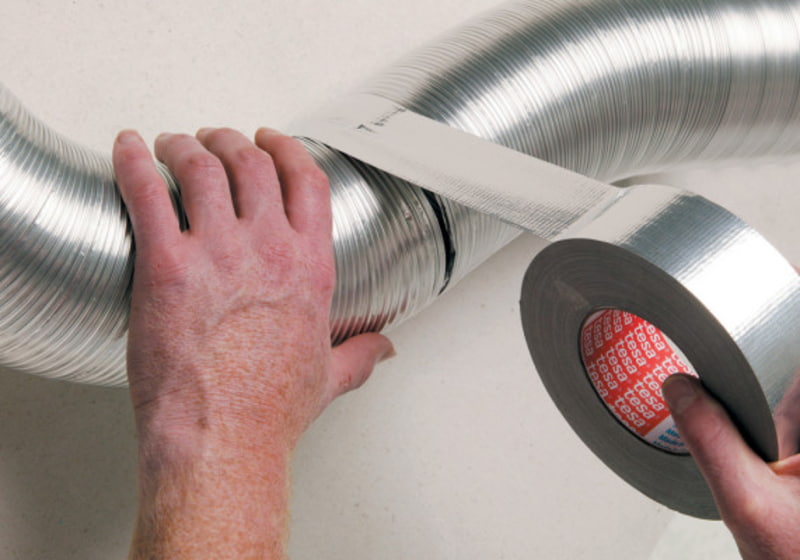

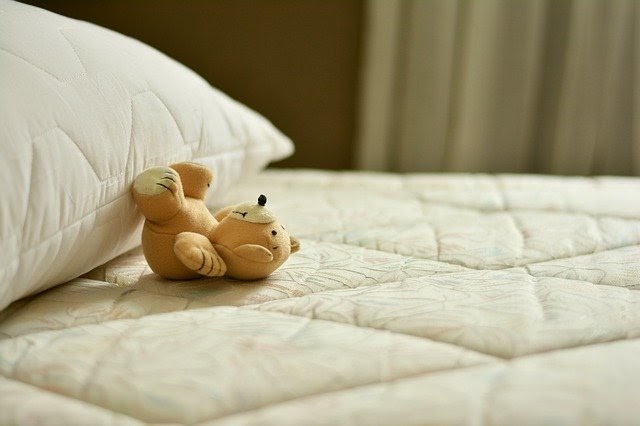
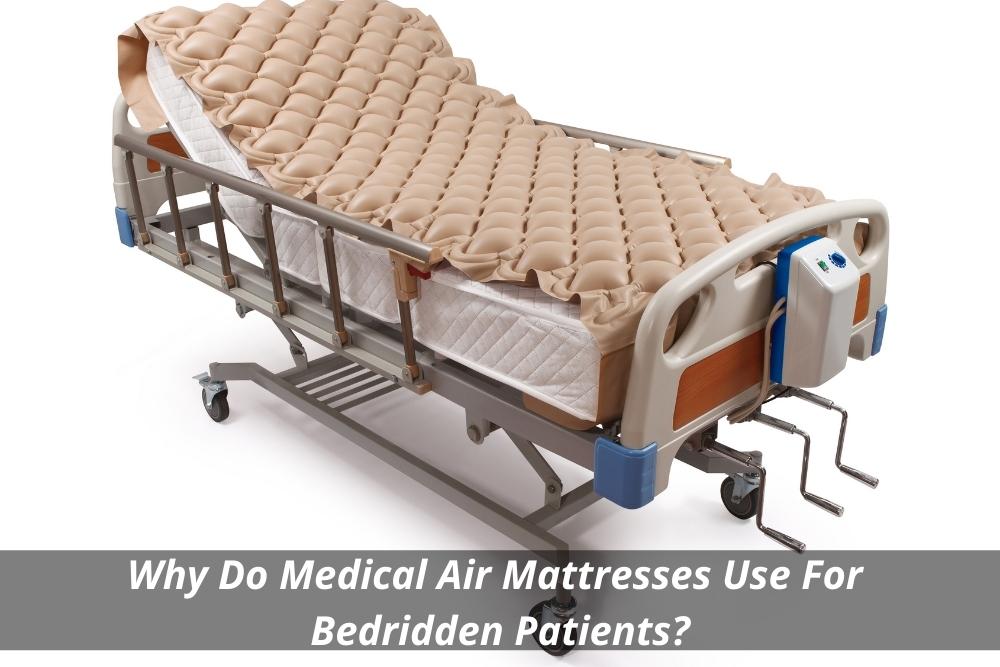




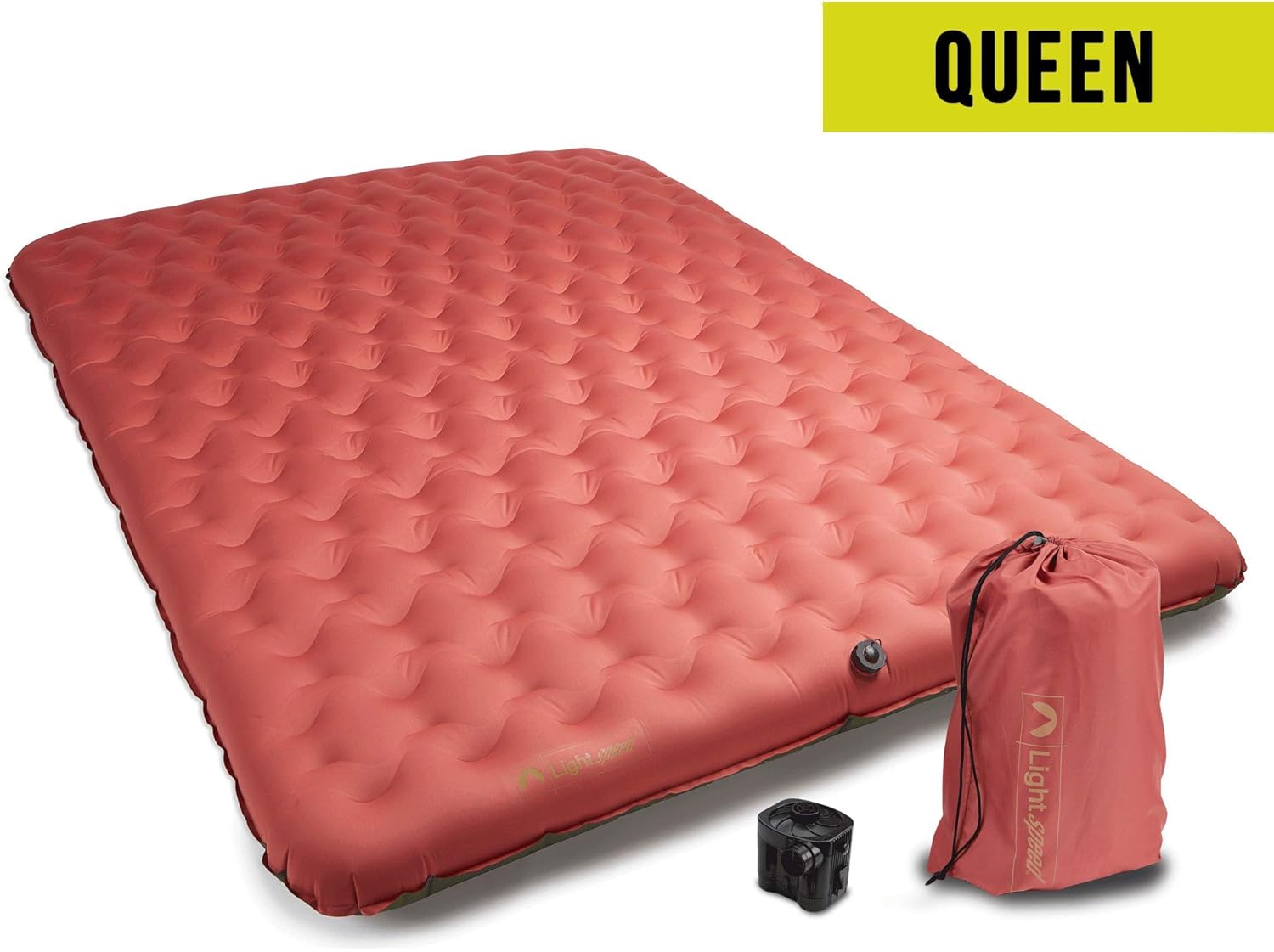



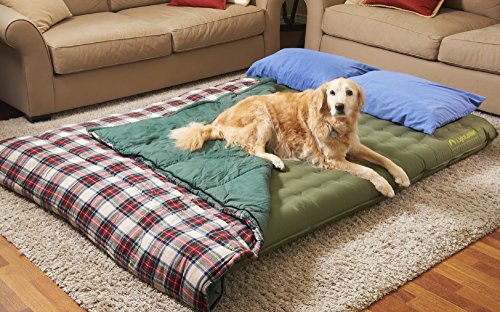
:max_bytes(150000):strip_icc()/aerobed-opti-comfort-queen-air-mattress-with-headboard-93c9f99d65ee4cce88edf90b9411b1cd.jpg)

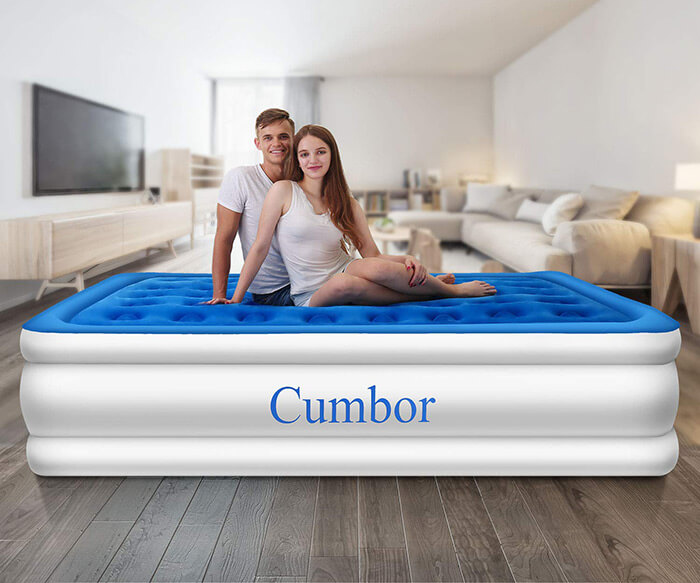









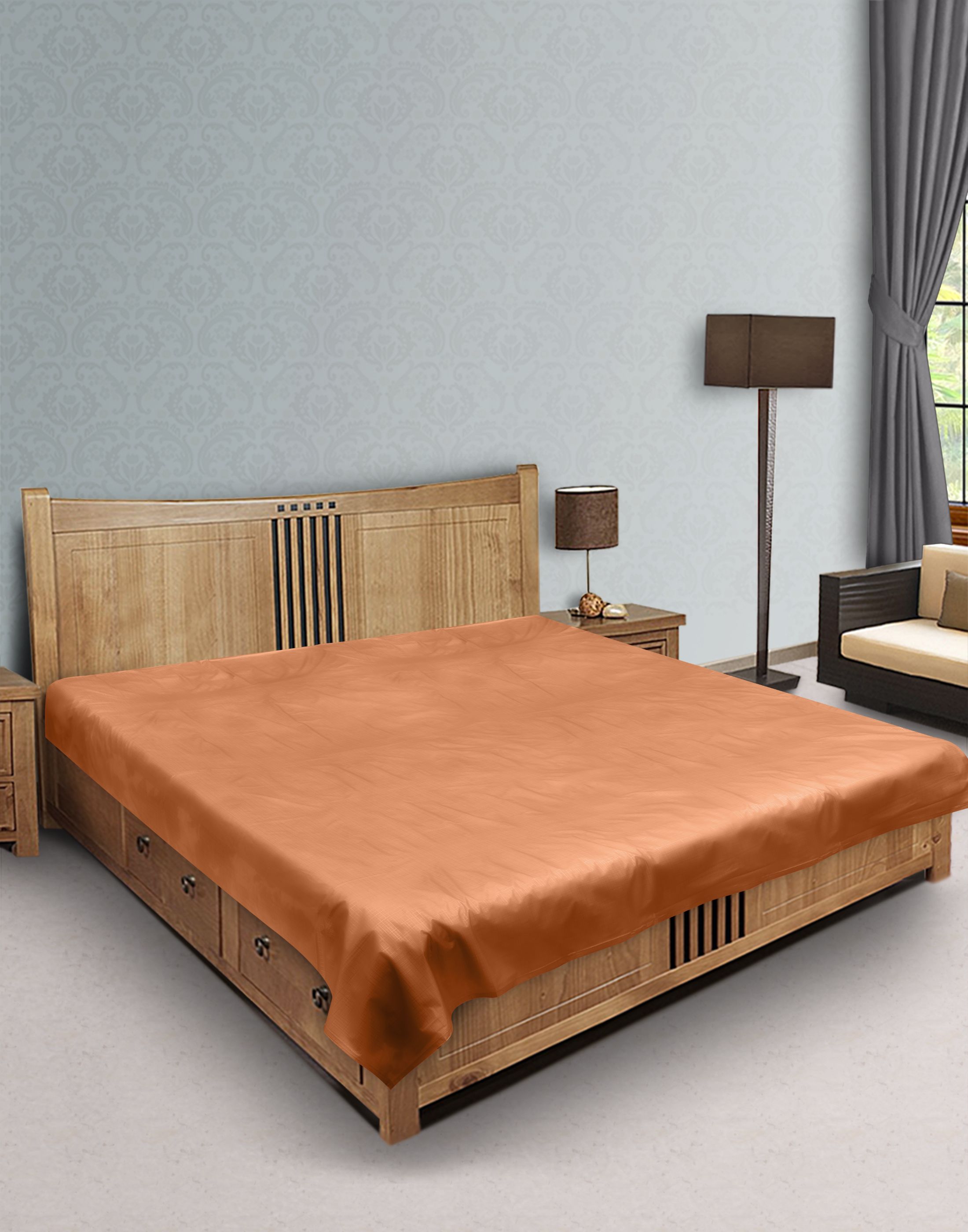

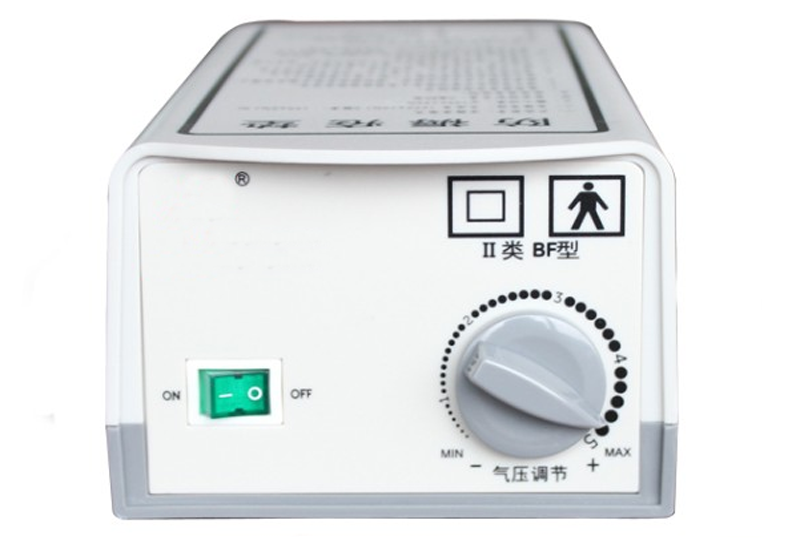




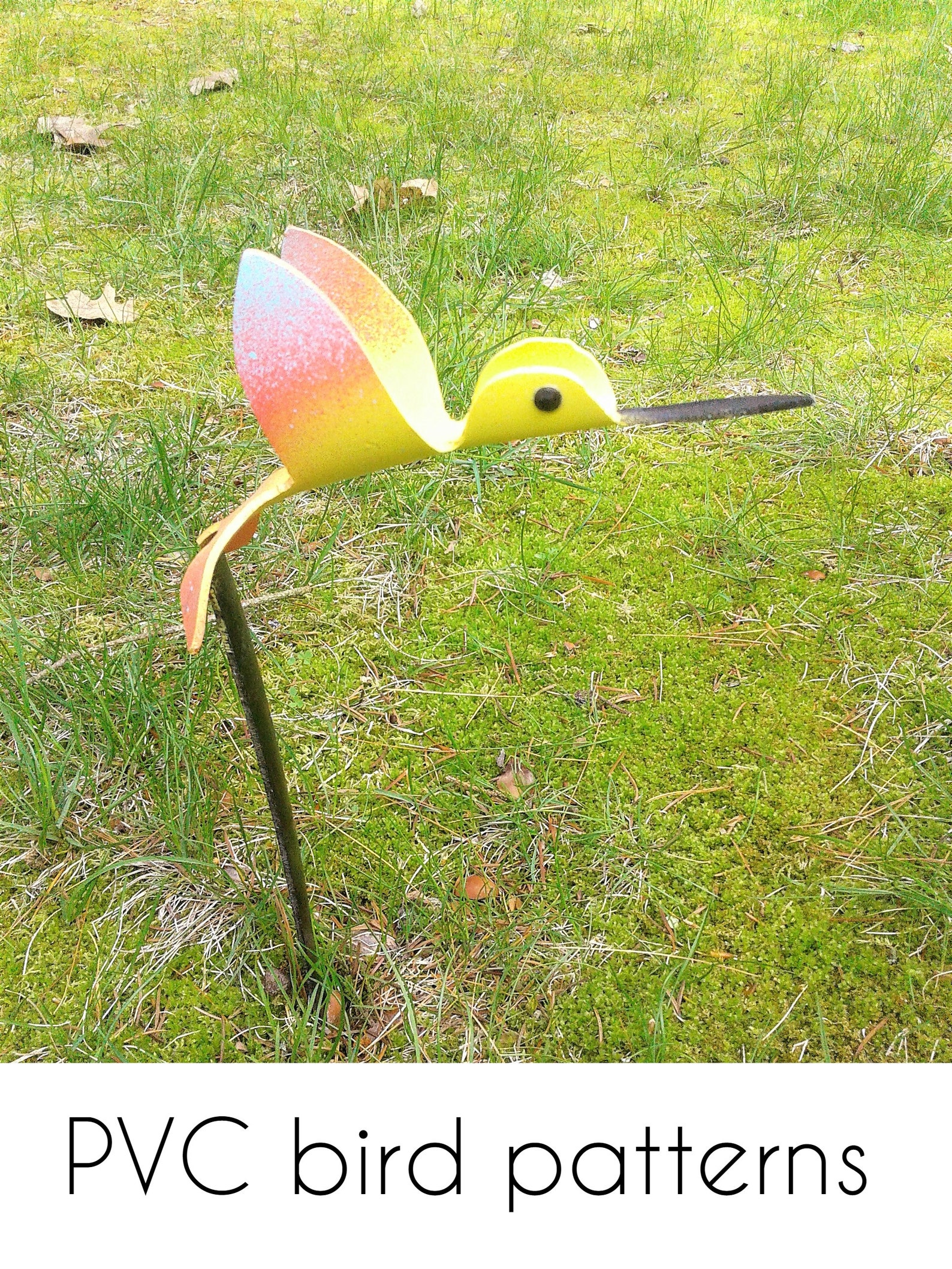
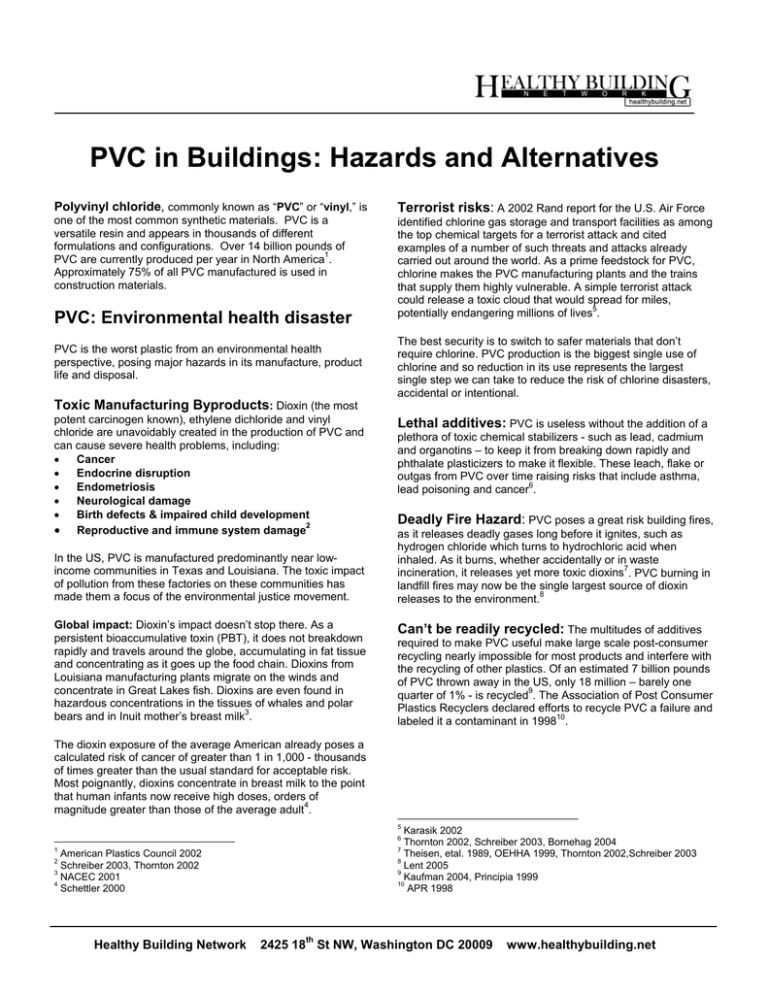


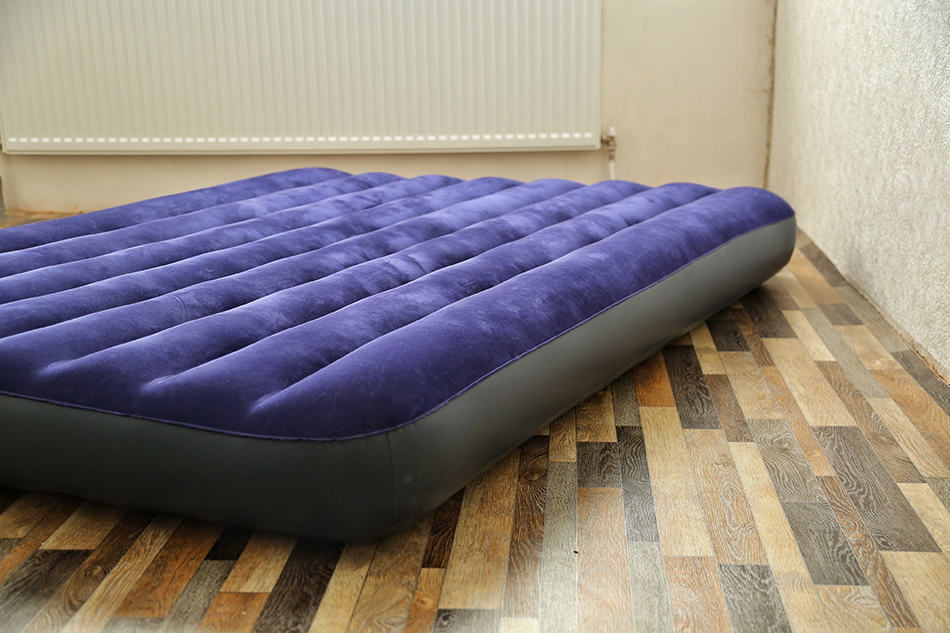

/pvc-joint-repair-2718924-color-FINAL-86df124f8a7647adb2aa514759a37d39.png)








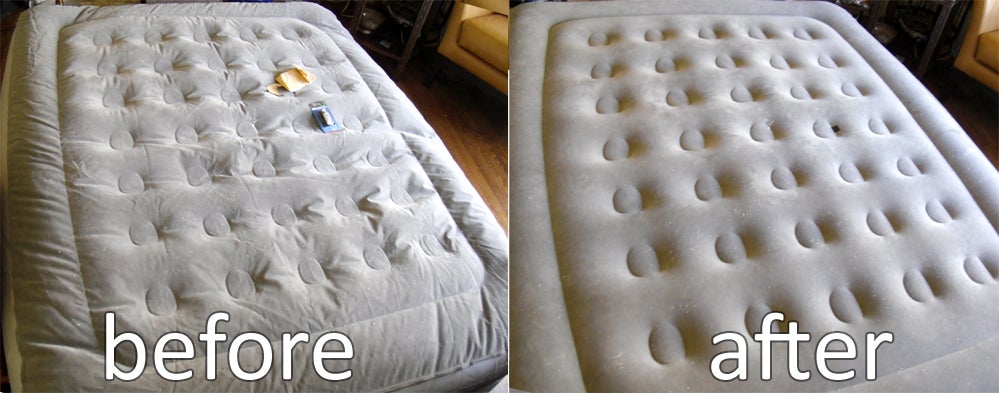





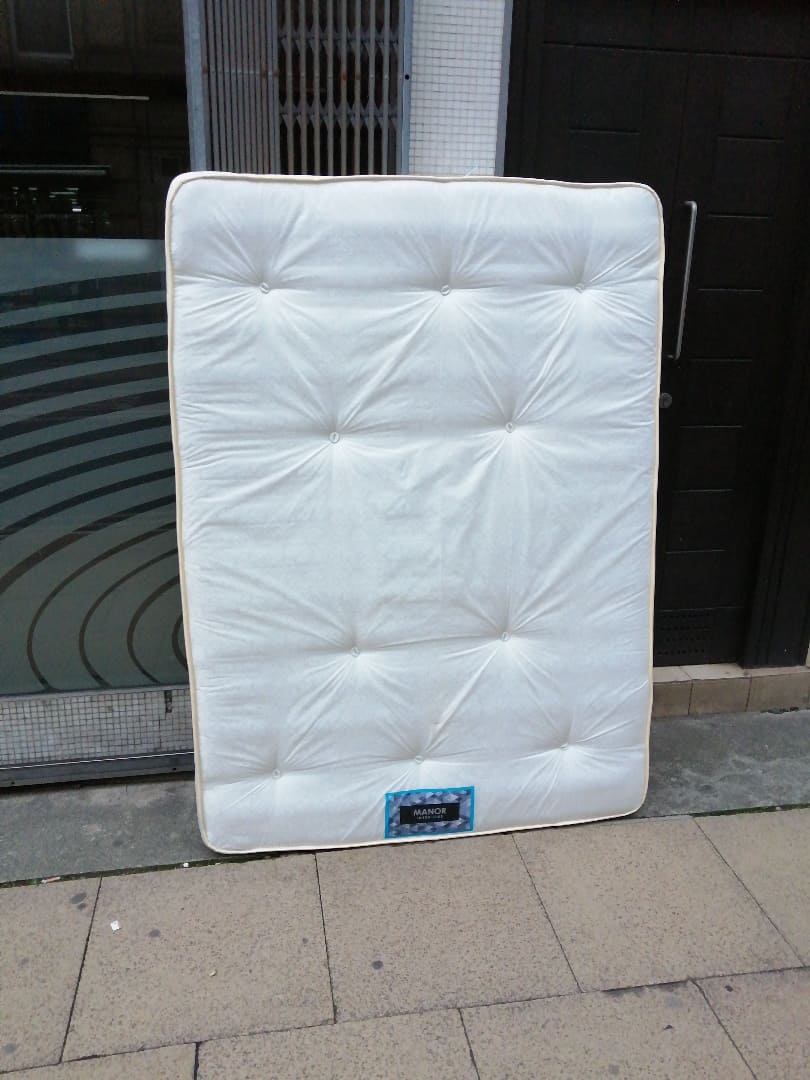


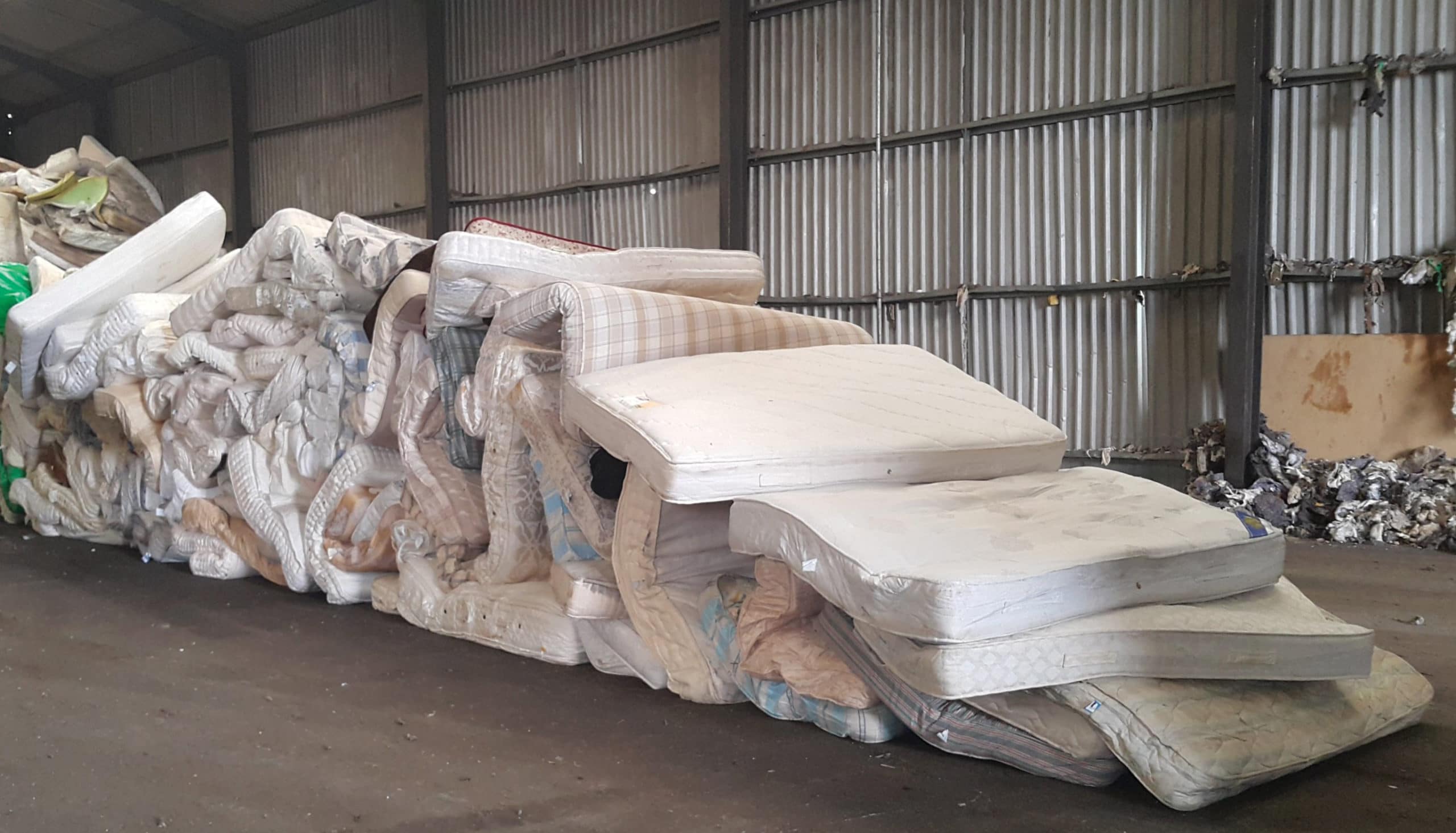

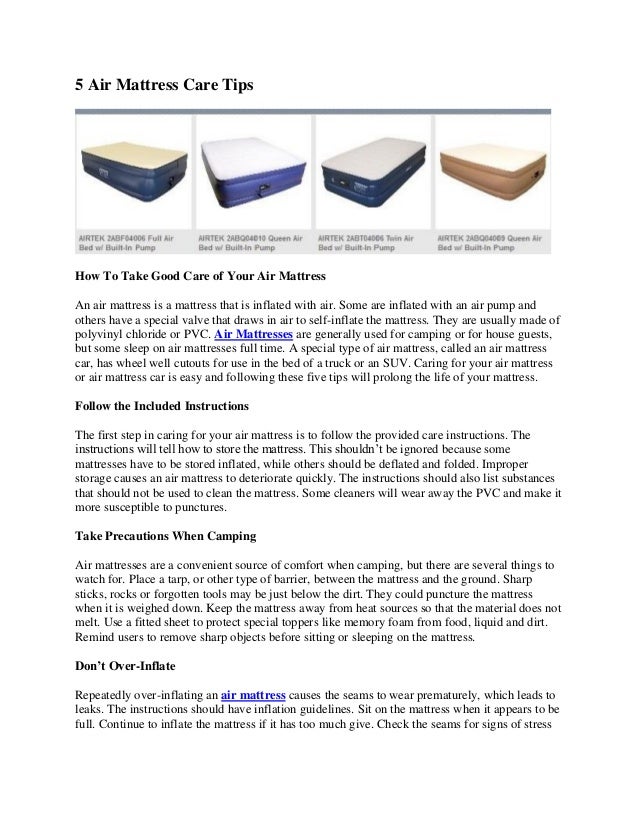
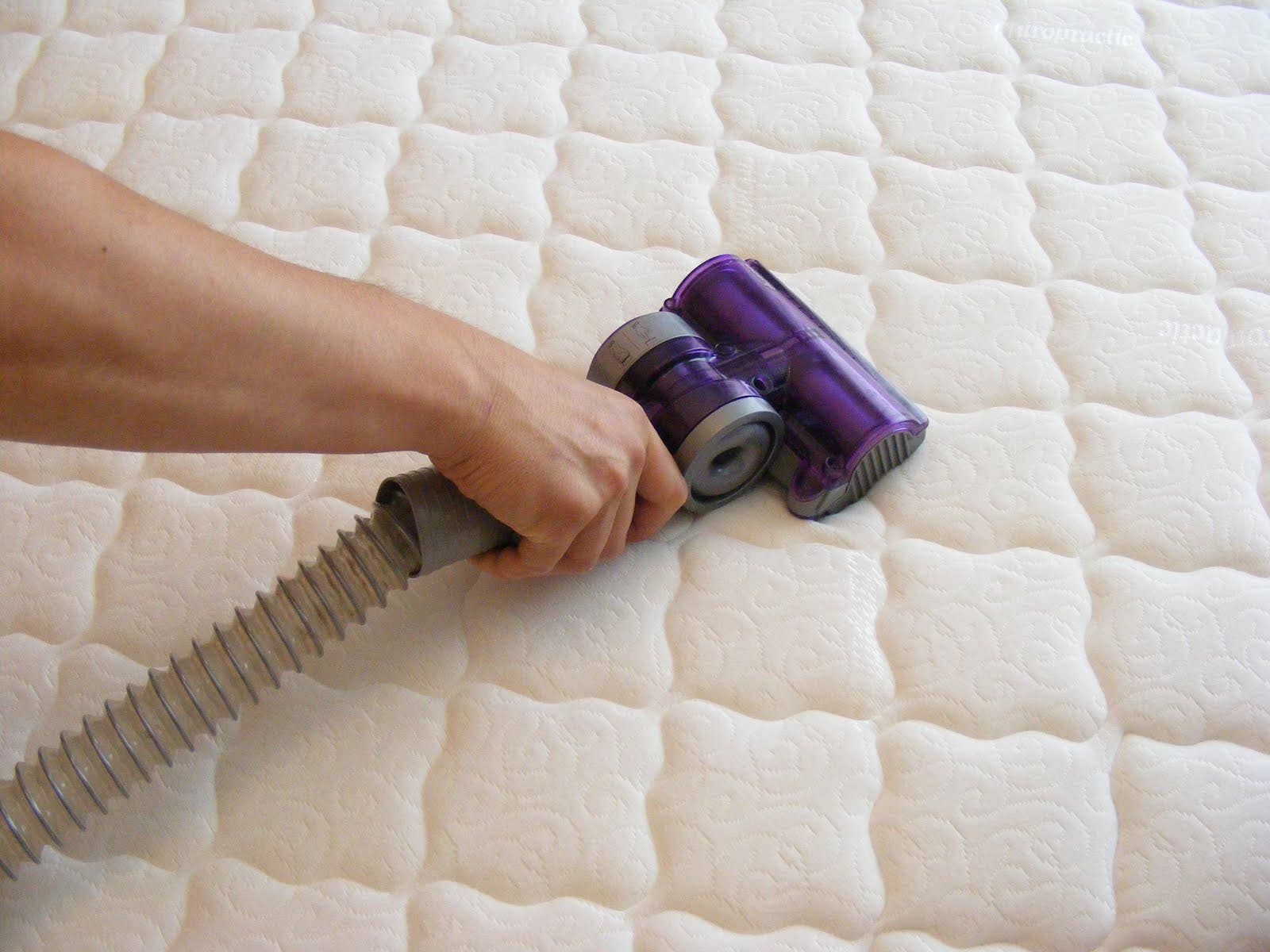


:max_bytes(150000):strip_icc()/284559-article-a-guide-to-the-standard-crib-mattress-size-5ac50d3ac5542e0037d552d1.png)



